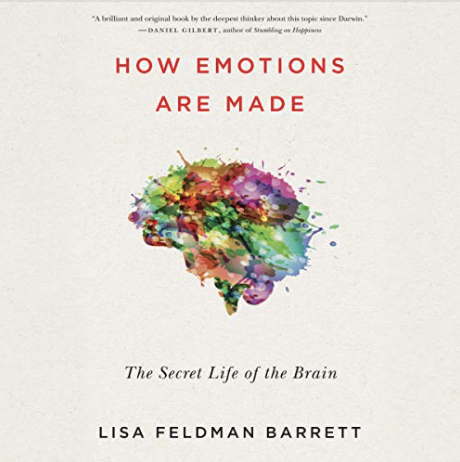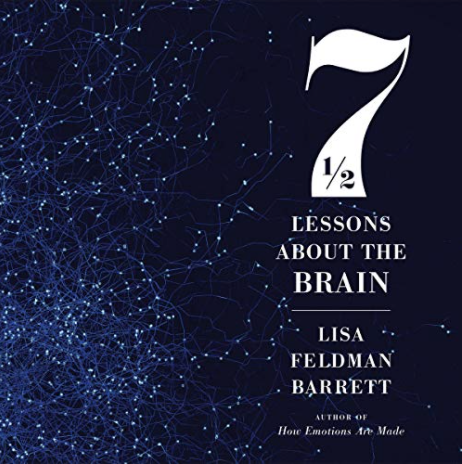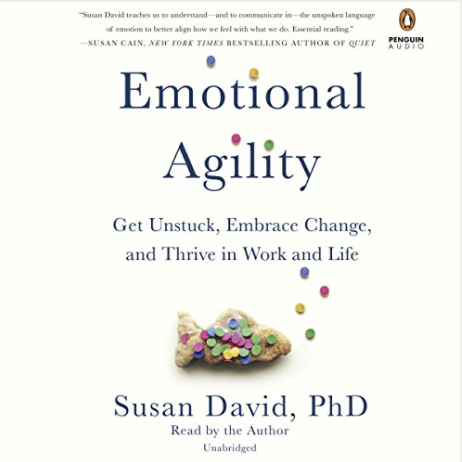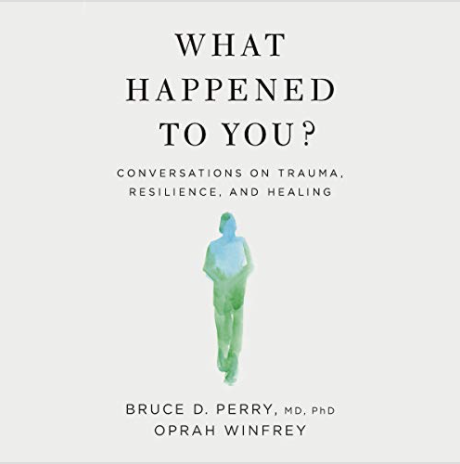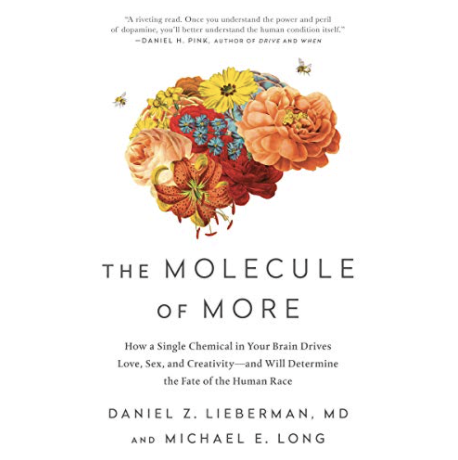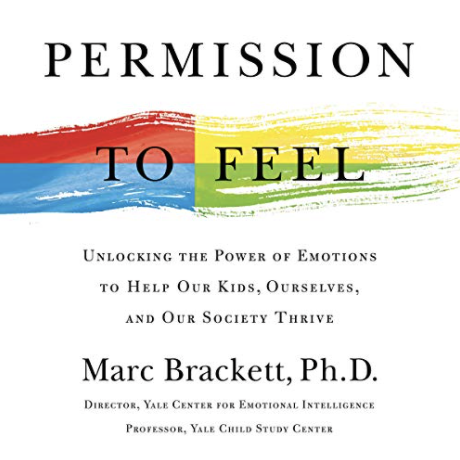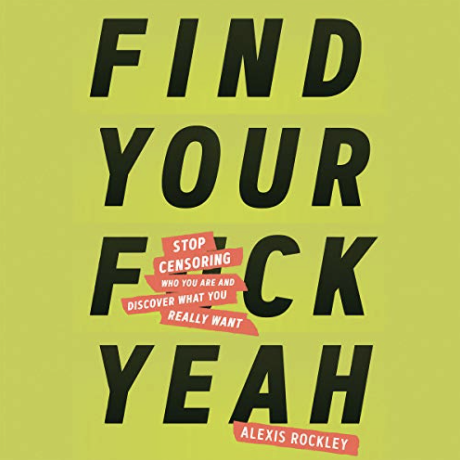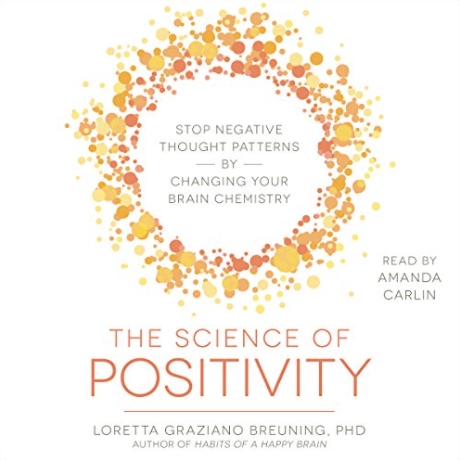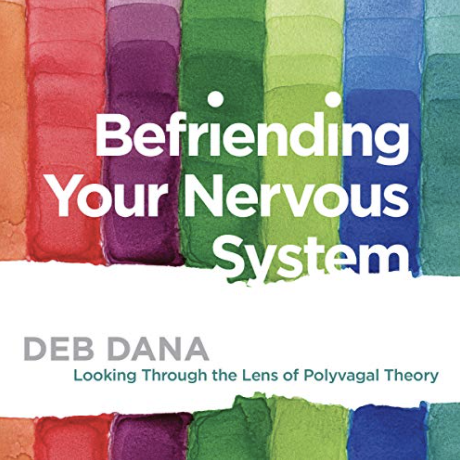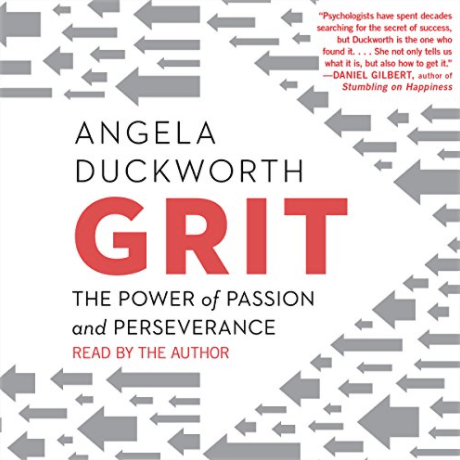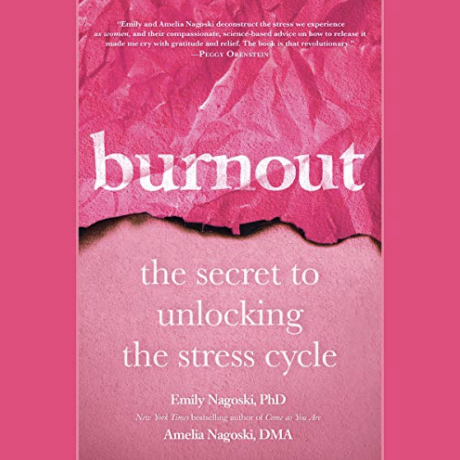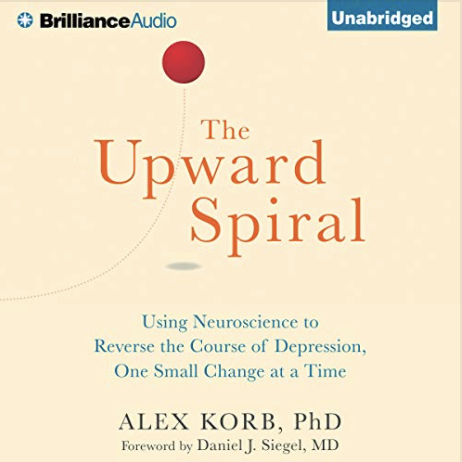I made it up! It’s a hypothesis!
Yes, I made this whole thing up. I couldn’t help but think.. we live in the age of hoverboards and eyebrow transplants and microdosing, but yet we all struggle with daily stress. Then the whole panorama, the panecotta, the Patricia hit (for my own stability, the “global covid-19 pandemic” is the new He Who Must Not Be Named, and I will only address it through other silly “p” words).
Surely there must be a path to better mental resiliency. Surely someone far more qualified than myself has been studying this.
Boy howdy, this is true.
I put all these questions into a proposal format, one that would allow me to investigate how human minds work, and how to increase mental resiliency — oh, and also I wanted to paint. Read my proposal can be read here.
Your brain is not for thinking.
Okay, okay, woah.
For centuries we’ve believed that brains are meant to think critically and store memories like files on a computer, and all of that is incorrect! Well, disproven, I suppose. By aaaaaaaall these authors (and so many more):
Your brain is a CFO
There is a concept known as allostasis which is your body’s ability to regulate. When you’re experiencing stress, your body is trying to manage its resources to help cope. Finding out what boosts and drains your energy budget is key to having a toolkit on standby to help you through life. Lisa Feldman Barrett’s work in How Emotions Are Made and Seven and a Half Lessons About The Brain cover this in greater detail. Lisa Feldman Barrett, PhD, is among the top 1% most cited scientists in the world for her revolutionary research in psychology and neuroscience. This also means a lot of her work dispels a lot of our preconceived notions about how our brains function, because of the popular psychology we’ve grown up believing. She addresses things like the “lizard brain” which was previously thought to be one of the older evolutionary areas in human minds, within the limbic system. Because past neuroscience only really covered the visual examination of brains (being sliced thin like deli meat and visually analyzed) some scientists found similarities and confirmed this type of thinking. In fact, the only creature who has a “lizard brain” is… a lizard. She also clarifies that nowadays we have the technology to actually analyze how neurons function, using fMRI’s and brain mapping. Her TedTalk called “You Aren’t At The Mercy Of Your Emotions” is incredible, and was a spark in this creative project for me.
All this to say, that I hypothesized we might be able to develop certain visuals, and procedures for when we are experiencing stress, to better handle ourselves, and to recover more efficiently from these stressors. This is where my project idea came from!






